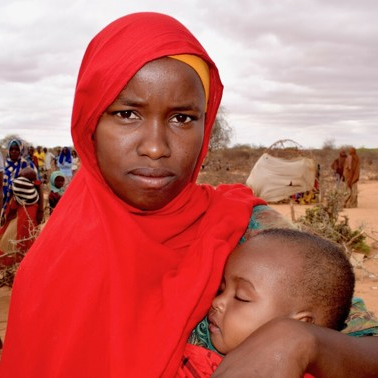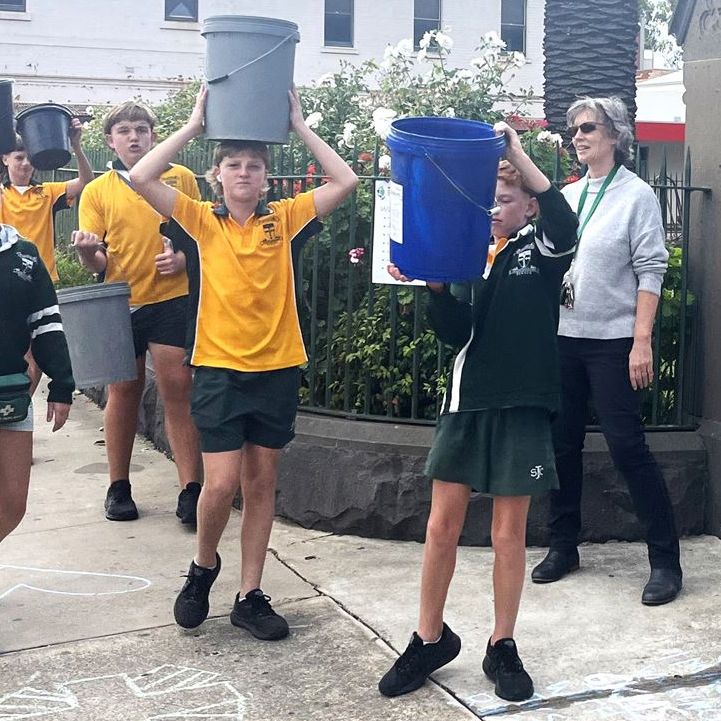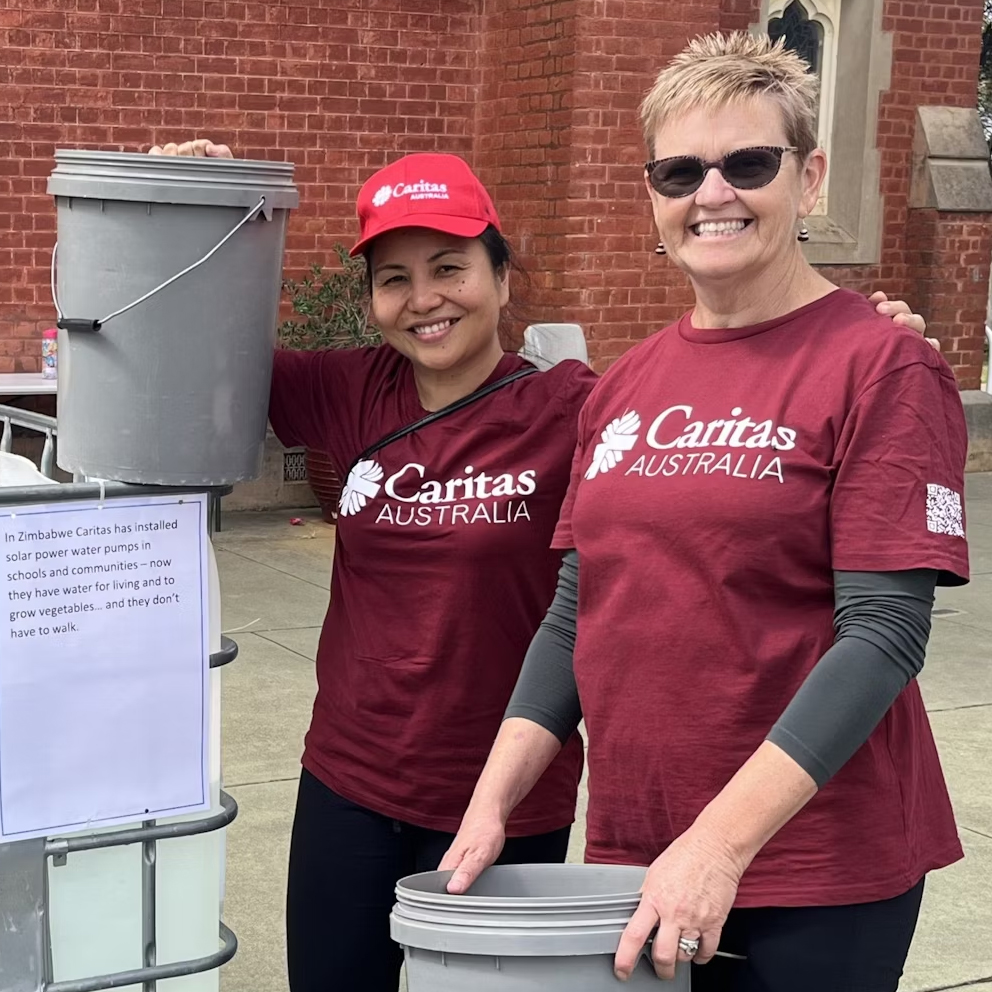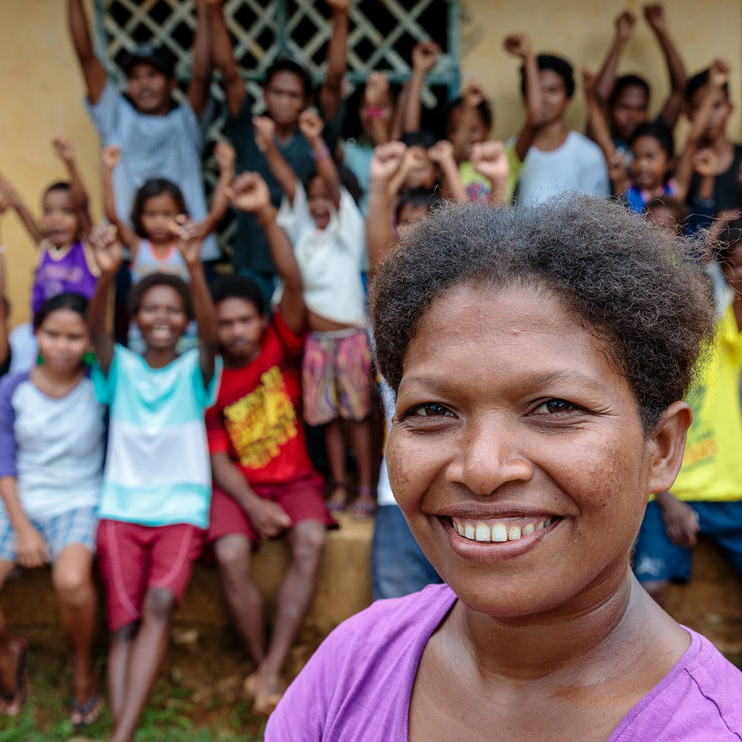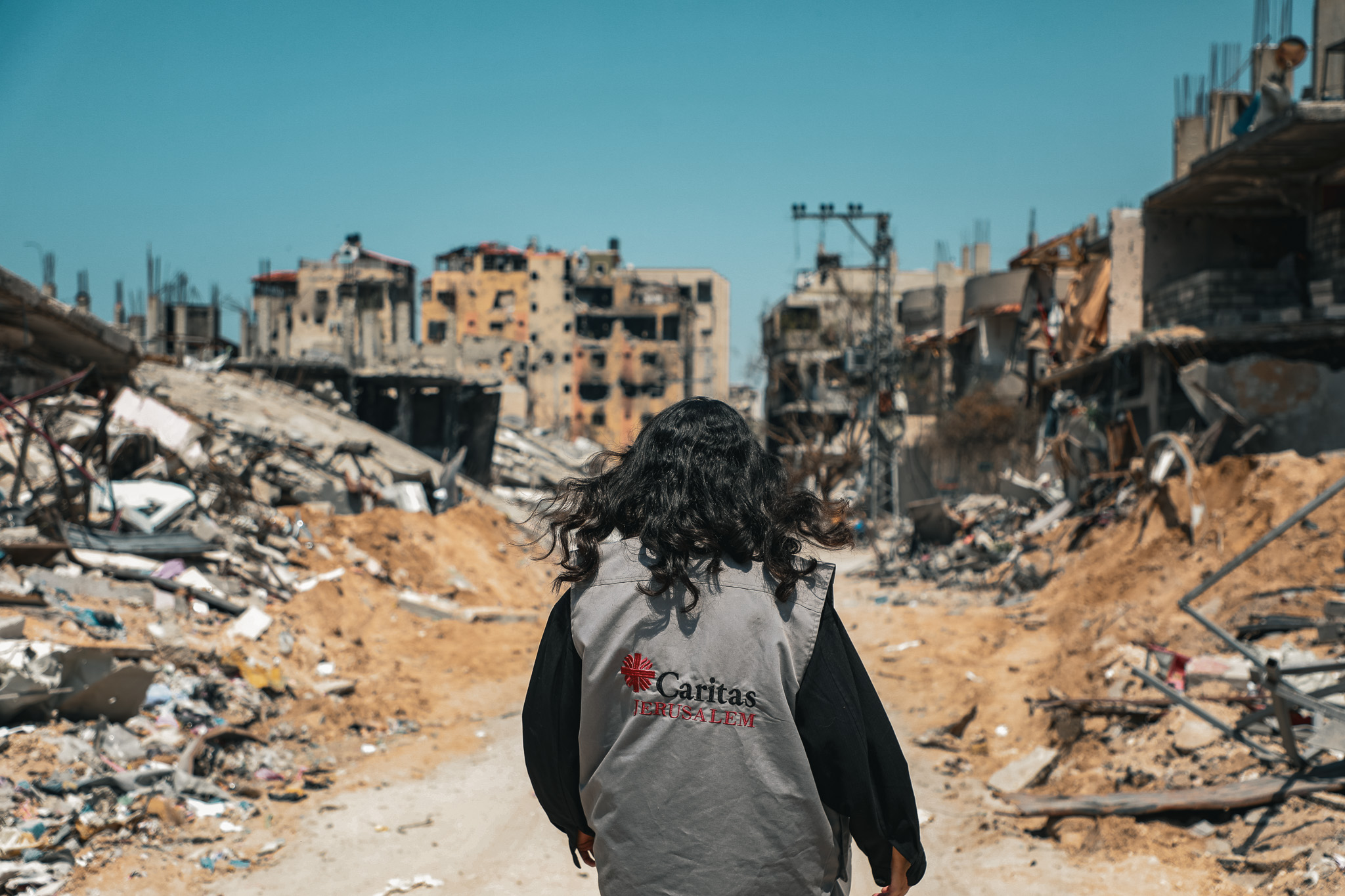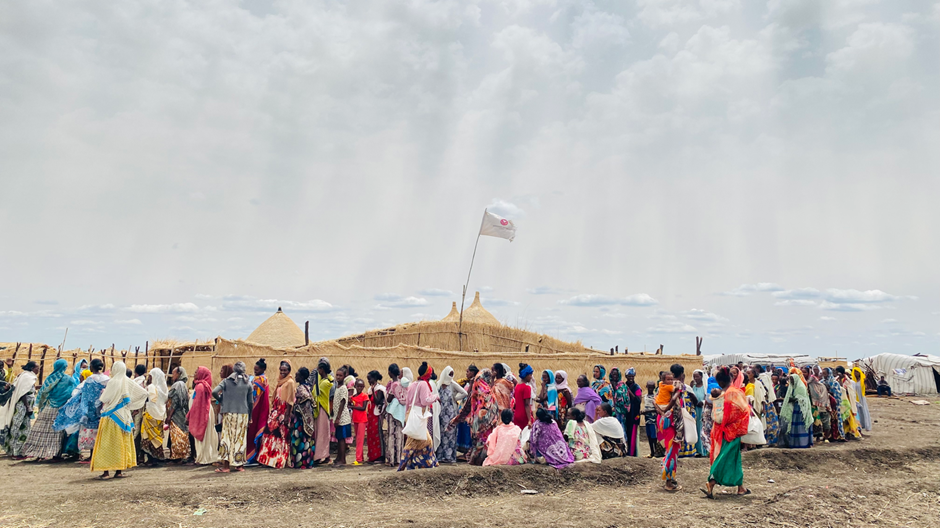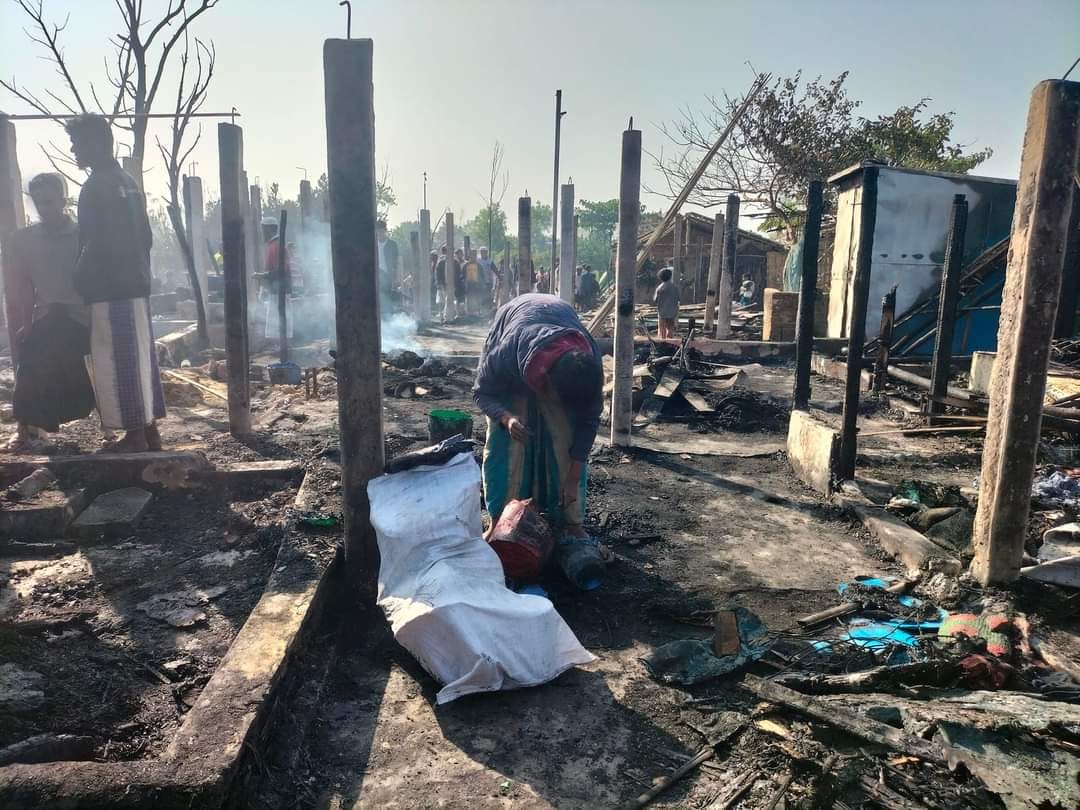Caritas Australia has welcomed a $10m aid package to support the World Food Programme in Gaza, announced today by the Minister for Youth, Dr Anne Aly.
This aid investment follows months of stifled aid routes and numerous warnings that the entire population of 2.2m is facing famine. At present UN figures put the number of children at risk of dying of malnutrition at 3,000. To date over 37,000 Palestinian lives and 1,200 Israeli lives have been lost in this conflict.
Since the beginning of May the vital Rafah crossing has been closed, with disruption at Kerem Shalom during this period too, which has dramatically reduced aid volumes. Prior to October 7th, 8 in 10 people in Gaza were reliant on aid to survive, with 500 trucks entering the enclave daily. In May this dropped to 100 trucks per day, some of the lowest levels so far in this conflict.
Caritas Australia has 13 partners in Gaza who have continually expanded their operations, giving them the ability to redirect aid efforts in response to constant changes in military activity. In May partners managed to get supplies in to support 2,500 families in Northern Gaza. Furthering this vital work is dependent the protection of civilians alongside unimpeded, safe access across Gaza. In turn, and in the face of the overwhelming humanitarian challenges facing people in Gaza, Caritas Australia has echoed its calls for a ceasefire.
Damian Spruce, Advocacy Associate Director at Caritas Australia said, “We are pleased to see our government making financial commitments that support our brothers and sisters in Gaza, many of whom have spent months under bombardment, with little food, water, medicine, or shelter.”
“This aid must be offered alongside our continued diplomatic efforts in pushing for a ceasefire and unimpeded humanitarian access, as well as adherence to International Humanitarian Law on all sides. We are eight months into this conflict, and from day one civilians, humanitarians and medical workers should have been protected. The harm being done to thousands of innocent people simply cannot continue.”
“This commitment to Gaza must also be long term. It will take years to rebuild what has been lost, and many will need decades of support as they deal with the impacts of malnutrition on the development of their children, as well as life changing physical injuries and psychological traumas” Damian Spruce concluded.
